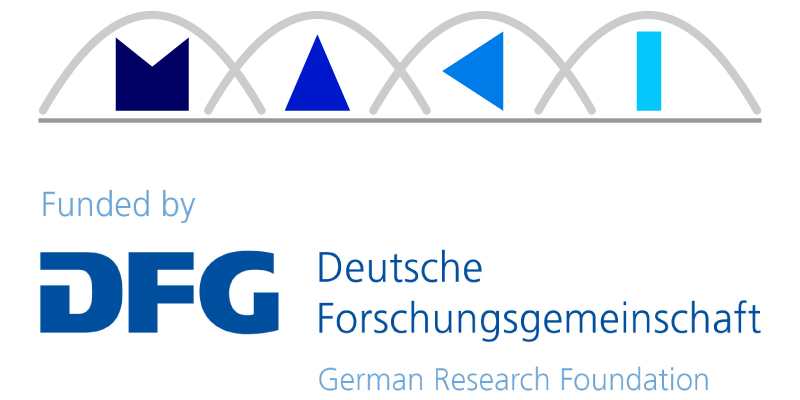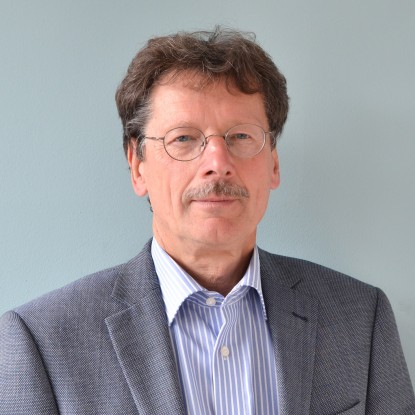Timothy Moss
IRI THESys, Humboldt University of Berlin
07 November 2022, 04:15 pm
“Past-proofing infrastructural futures”
via Zoom
Abstract:
As societies struggle to grapple with existential challenges of planetary change, its human causes and consequences, attention is understandably fixated on the future. Anxiety over what is to come is countered with optimism around human-driven solutions. In these increasingly frantic debates about climate, environmental and societal crises talk of the future is drowning out consideration of the past as a resource. To many observers, indeed, the past is the problem, rather than part of any solution. Whilst climate activists condemn the past for its carbon capitalism and social scientists bemoan the ballast of obdurate infrastructures, many politicians are employing the language of transition and transformation to distance themselves from the past, calling on engineers to provide the technological innovations and economists to devise novel instruments to incentivise their uptake.
In my talk I want to challenge this dismissive approach to the past, using the case of infrastructure to demonstrate how history can be used as an experiential resource to help navigate the challenges we are facing today. I will argue that future-proofing society, to be realistic and effective, needs to draw on a sound, critical and inclusive understanding of where we have come from, historically speaking. This involves mobilising histories that have the potential to challenge prevalent assumptions, provide instructive analogies, reveal alternative pathways or unpack earlier critical junctures. Applied to infrastructure, usable pasts of this kind can be about the chequered histories of renewable energies, political efforts to instrumentalise infrastructure, the co-existence of old and new water technologies and hidden practices of service provision and use, to name but a few. My talk will draw on examples from my own research on Berlin’s infrastructure history for illustration and present a typology of usable infrastructure pasts. From this, I make the case for ‘past-proofing’ infrastructural futures as a mode of critical sociotechnical reflection and a practice of interactive public science.
Bio:
Tim Moss is a Senior Researcher at the Integrative Research Institute on Transformations of Human-Environment Systems (IRI THESys) at the Humboldt University of Berlin and Honorary Professor at the Leibniz University Hannover. Tim’s research is distinctive for connecting historical studies of infrastructure with contemporary debates on sociotechnical and urban transitions. He draws on relational and socio-spatial concepts from urban geography and science and technology studies to analyse past infrastructural trajectories, setting an example in theoretical grounding for historical research. Conversely, he uses analysis of the past as a source of historical contextualisation and critical reflection for scholarship on current transitions to urban networked infrastructures. He is particularly interested in the processes by which energy and water infrastructures reflect and reproduce the multiple geographies, power relations and socio-materialities of a city.





